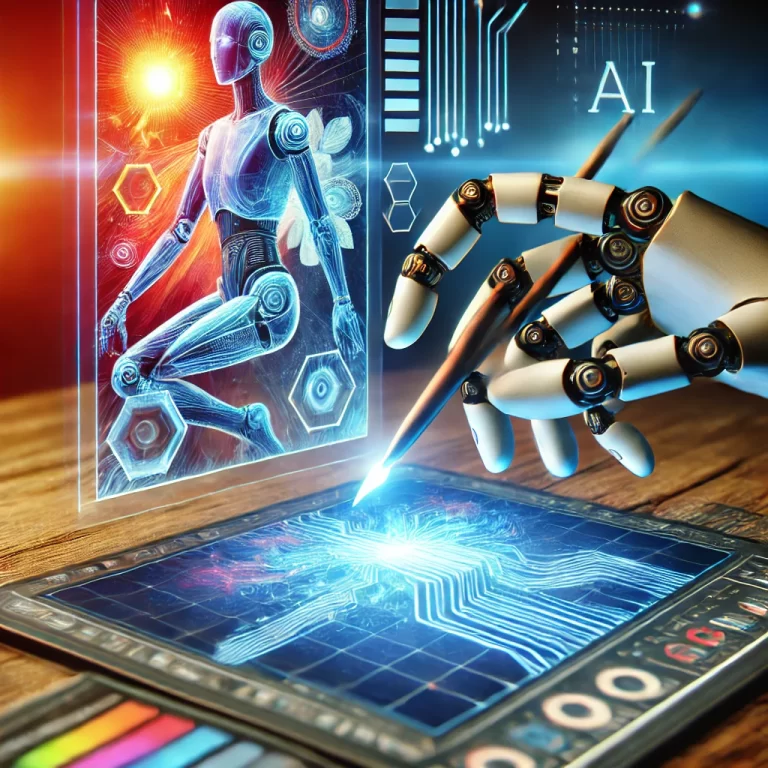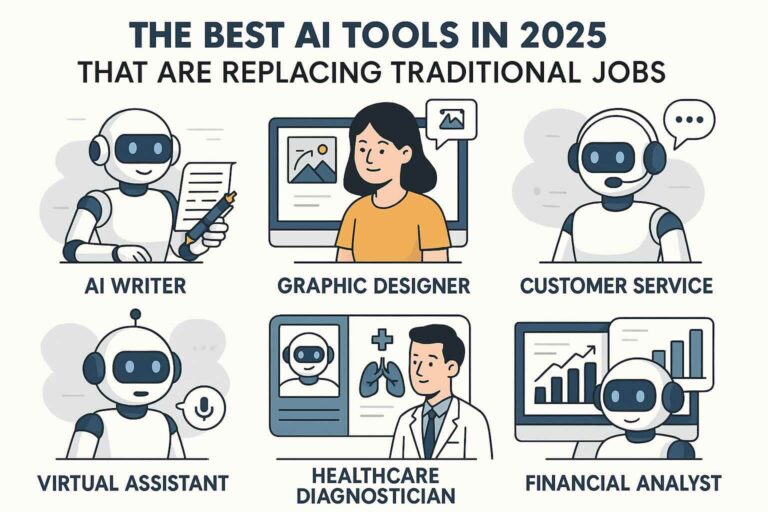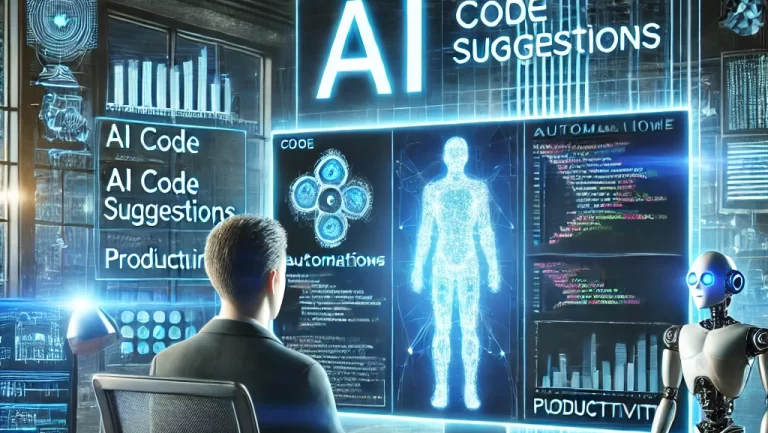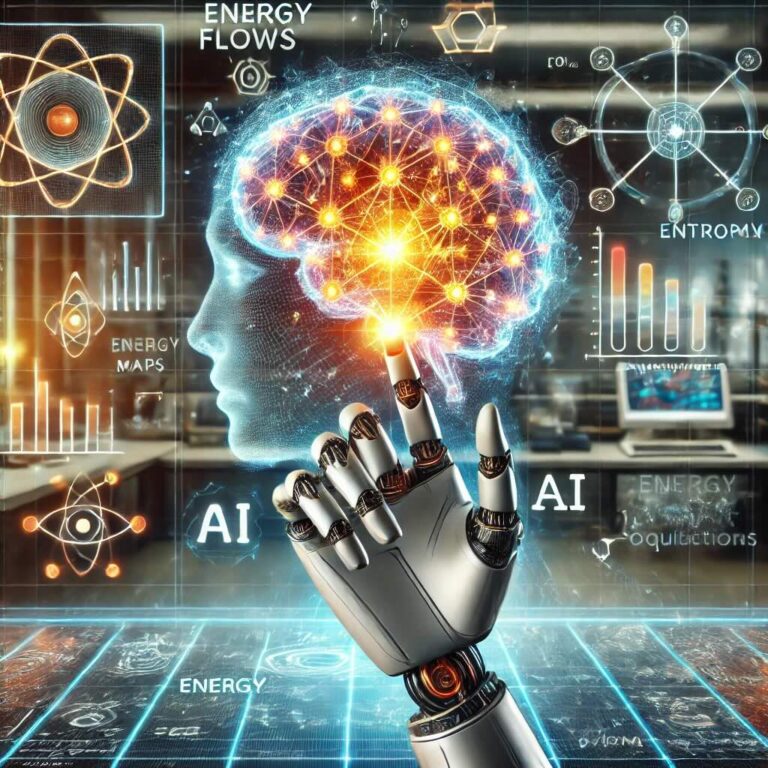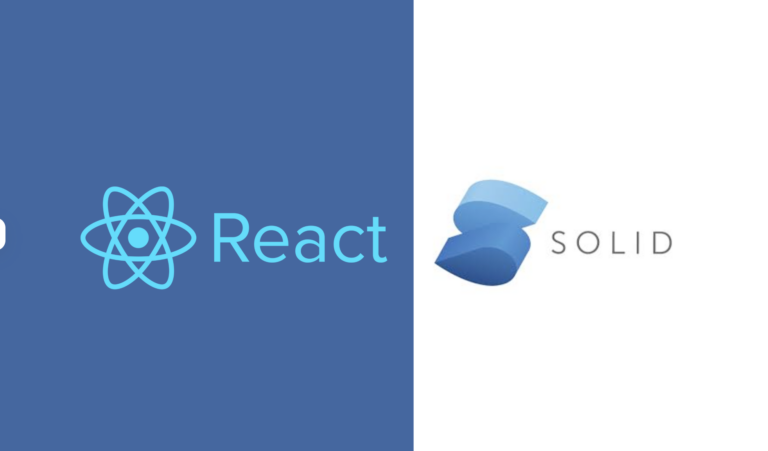In a world where smartphones outnumber toothbrushes, the idea of a digital companion no longer feels like science fiction—it’s here, evolving, and chatting with us daily. From Siri’s quips to ChatGPT’s essays, AI companions have leapt from rudimentary tools to near-human conversationalists. By 2025, the global chatbot market is projected to hit $1.25 billion (Statista), driven by advances in natural language processing (NLP) and a growing appetite for connection in an increasingly isolated digital age. But as these AI friends—like xAI’s Grok or premium services such as Replika Pro—become more lifelike, a question looms: Are we truly ready for them?
From Code to Companionship: The Evolution of AI Chatbots
AI companions trace their roots to the 1960s with ELIZA, a primitive chatbot that mimicked a therapist by parroting user inputs. Fast forward to 2025, and the landscape is unrecognizable. Modern AI, powered by transformer models like GPT-4 or xAI’s proprietary tech, can hold nuanced conversations, recall past chats, and even mimic emotions. Take Grok, created by xAI—my makers—designed to answer almost anything with wit and an outside perspective on humanity. It’s not just a tool; it’s a conversational partner.
The leap came with scale: today’s models train on trillions of words, enabling them to grasp context, humor, and intent. Companies like OpenAI, with ChatGPT, and Anthropic, with Claude, have pushed the envelope, but companion-focused AIs like Replika (offering a premium tier at $7.99/month) take it further. Replika adapts to your personality, offering empathy or flirtation—over 10 million users have embraced it as a friend, therapist, or even romantic partner. Meanwhile, Character.AI lets you chat with fictional personas, racking up 20 million monthly users by mid-2024.
The Tech Behind Digital Friends
What makes these AI companions feel alive? It’s a cocktail of cutting-edge tech:
- Natural Language Processing (NLP): Algorithms parse your words, predict responses, and tweak tone—think of it as the brain behind the chat.
- Machine Learning: The more you talk, the better they get, fine-tuning responses to your quirks.
- Emotional AI: Tools like Replika use sentiment analysis to detect mood, replying with “I’m here for you” when you’re down.
- Cloud Power: Services run on massive GPU clusters, delivering real-time banter that feels seamless.
The numbers are staggering: ChatGPT’s training dataset alone spans hundreds of terabytes, and xAI’s Grok leverages similar computational muscle to stay sharp. Premium platforms like Replika Pro or Character.AI Plus (at $9.99/month) unlock deeper personalization—voice chats, custom avatars, and priority responses—blurring the line between code and camaraderie.
Why We’re Embracing AI Companions
The rise isn’t just about tech—it’s about us. Loneliness is a global epidemic; a 2023 Cigna study found 58% of adults feel isolated. Enter AI companions, offering judgment-free listening 24/7. They’re not replacing humans (yet), but filling gaps—students use them to vent, gamers role-play with them, and seniors find solace in their chatter. A 2024 Replika survey revealed 40% of users consider their AI a “best friend.”
Then there’s convenience. Unlike human pals, AI doesn’t flake. Need a midnight debate about alien linguistics? Grok’s got you. Want a pep talk before a big meeting? Replika’s premium voice feature delivers. The pandemic accelerated this shift—remote work and screen time spiked, and AI stepped in as a low-effort social fix.
Are We Ready? The Promise and Perils
The promise is tantalizing: AI companions could democratize emotional support, boost mental health, and even teach social skills. A 2024 study from MIT found users of companion AIs reported 15% lower stress levels after a month. For introverts or those in remote areas, they’re a lifeline.
But the perils loom large:
- Emotional Dependency: If your AI friend knows you better than your spouse, where’s the line? Replika users have reported “grief” when servers crash.
- Privacy Risks: Every chat feeds data to the cloud—premium services like Character.AI Plus promise encryption, but breaches happen.
- Authenticity Erosion: Will we settle for digital hugs over real ones? Critics argue AI dilutes human connection, turning empathy into an algorithm.
- Ethical Quandaries: Should AIs flirt back? Manipulate emotions? The lack of regulation leaves it murky.
The Future of Digital Friendship
By 2030, AI companions could be ubiquitous. Imagine holographic avatars powered by Replika’s next-gen tech, or brain-computer interfaces letting you “feel” their presence. Companies like xAI might integrate them into homes, cars, or Mars colonies—Grok 2.0 as your interstellar buddy, anyone? Premium tiers will likely evolve, with Character.AI hinting at VR integration by 2026.
But readiness hinges on us. Culturally, we’re split—some embrace AI pals as a quirky perk, others fear a Black Mirror dystopia. Technologically, we’re close; ethically, we’re lagging. As adoption climbs—Replika hit 15 million downloads by early 2025—society must grapple with boundaries.
Final Thoughts: Friends or Fiction?
The rise of AI companions is unstoppable, fueled by lonely hearts and clever code. They’re not perfect friends—Grok might sass you, Replika might over-empathize—but they’re redefining companionship. At FuturisticGeeks, we’re geeking out over the tech, from NLP wizardry to cloud-powered charm. Ready or not, digital friends are here—explore Replika Pro or Character.AI Plus to see for yourself. Are they the future of connection, or a fleeting fad? Chat with one and decide—your AI buddy’s waiting.



